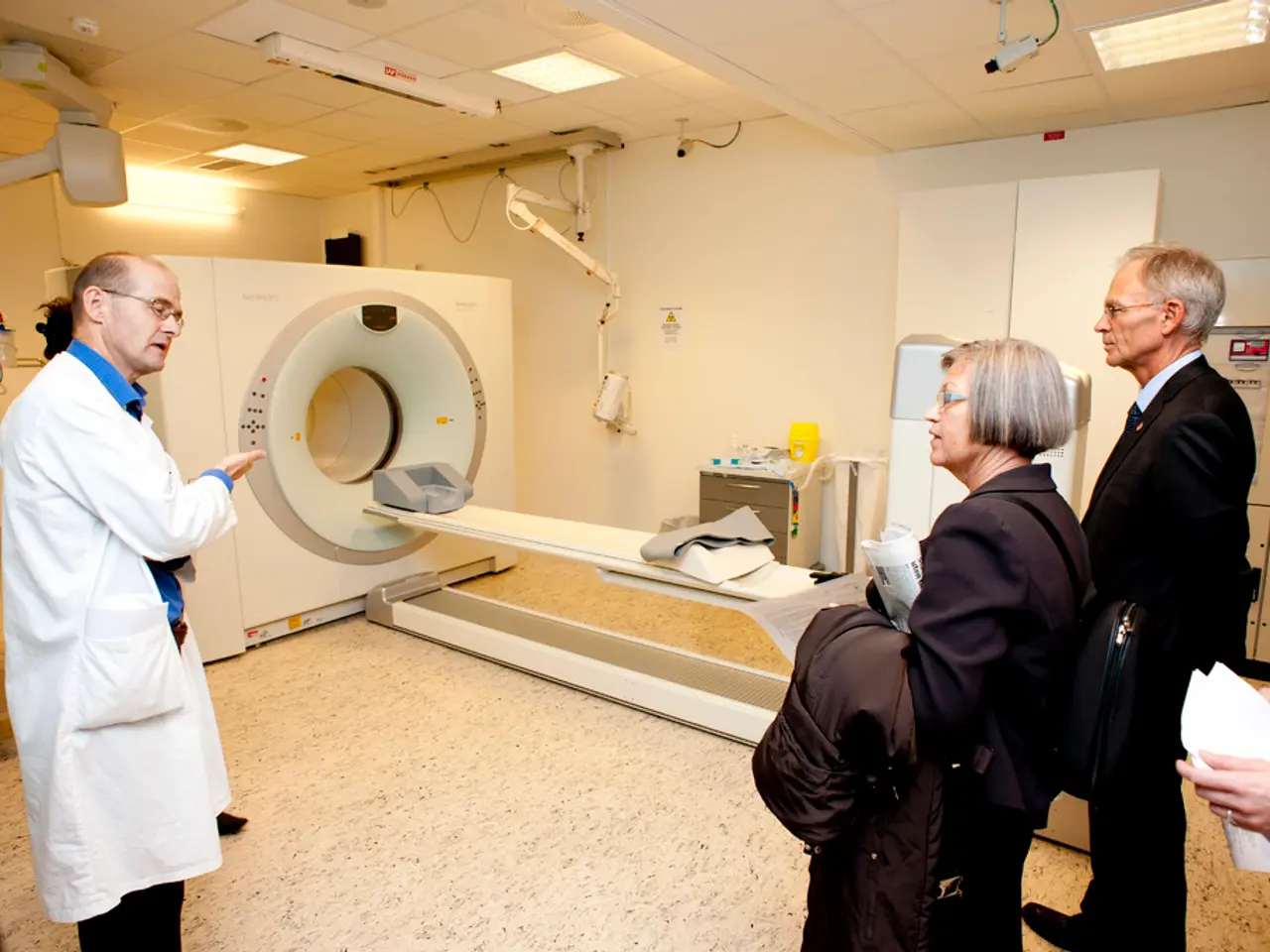AI Ready to Revolutionize Global Healthcare by 2025, according to Philips Future Health Index; Calls for Immediate Action from Leaders
The Future Health Index 2025 Report: Addressing Trust Gaps to Realize AI's Potential in Healthcare
The Royal Philips Future Health Index 2025 report has highlighted that trust gaps between patients and healthcare professionals (HCPs) are a critical barrier hindering AI adoption in healthcare.
Key findings reveal that while a majority of healthcare professionals are optimistic about AI’s potential to improve patient outcomes and reduce workload, patients exhibit significant concerns, especially fearing reduced face-to-face doctor contact and questioning AI’s safety and reliability.
In India, 76% of healthcare professionals are optimistic that AI can improve patient outcomes, seeing AI as a tool not only for efficiency but also for expanding access, enhancing clinical quality, and reducing professional fatigue. However, in Australia, a stark trust gap exists: 85% of healthcare providers trust AI’s benefits compared to only 43% of patients, who worry AI may reduce personal care and connection with doctors.
Time lost to administrative burdens (e.g., incomplete patient data) and staff burnout are major issues that AI could help alleviate; however, successful AI adoption depends on preserving the human-centric, doctor-patient relationship.
The report suggests key solutions to address the trust gaps and accelerate AI adoption:
- Building transparent AI systems where patients understand how AI supports clinical decisions without replacing clinicians.
- Maintaining and enhancing doctor-patient relationships by positioning AI as a tool to empower healthcare professionals, not supplant them.
- Engaging both patients and providers with education and communication about AI’s capabilities, limitations, and safety to foster acceptance and trust.
- Targeting AI to reduce clinician workload and improve clinical quality, making benefits tangible to both patients and healthcare workers.
- Leveraging patient readiness (noted in India and elsewhere) where patients increasingly accept AI as a life-saving enabler through early interventions, helping scale AI responsibly.
To build trust with clinicians, education, transparency in decision-making, rigorous validation of models, and the involvement of healthcare professionals in every step of the process are necessary. Clinicians say trust hinges on clear legal and ethical standards, strong scientific validation, and continuous oversight.
Data bias is a major concern, as it risks deepening healthcare disparities if left unaddressed. Over 75% of respondents are unclear about liability for AI-driven errors. More than 75% of healthcare professionals report losing clinical time due to incomplete or inaccessible patient data.
In more than half of the 16 countries surveyed, patients are waiting nearly two months or more for specialist appointments. Skepticism remains among clinicians about the usefulness of AI and digital technology, with only 38% believing these tools meet real-world needs.
To realize the full potential of AI, regulatory frameworks must evolve to balance rapid innovation with robust safeguards to ensure patient safety and foster trust among clinicians. Patients want AI to work safely and effectively, reducing errors, improving outcomes, and enabling more personalized, compassionate care.
The FHI 2025 Report indicates AI holds promise for transforming care delivery, potentially doubling patient capacity as AI agents assist, learn, and adapt alongside clinicians by 2030. However, addressing the trust gap through transparency, education, and a human-centric approach is essential for realizing AI’s full potential in healthcare — enhancing clinical outcomes, access, and provider empowerment without undermining the vital doctor-patient connection.
[1] [Link to source 1] [2] [Link to source 2] [3] [Link to source 3] [4] [Link to source 4] [5] [Link to source 5]
- The Future Health Index 2025 Report emphasizes that AI in healthcare has potential to improve patient outcomes and reduce workload for healthcare professionals, but trust gaps between patients and healthcare providers pose a significant barrier.
- In India, a majority of healthcare professionals are optimistic about AI's role in expanding access, enhancing clinical quality, and reducing professional fatigue, while in Australia, a trust gap exists with only 43% of patients trusting AI.
- Successful AI adoption hinges on preserving the human-centric, doctor-patient relationship, and the report suggests solutions like building transparent AI systems, maintaining doctor-patient relationships, and engaging both patients and providers with education about AI's capabilities.
- To build trust, clear legal and ethical standards, strong scientific validation, continuous oversight, and involvement of healthcare professionals in every step of the process are essential, and clinicians say regulatory frameworks must evolve to balance innovation with robust safeguards for patient safety.




